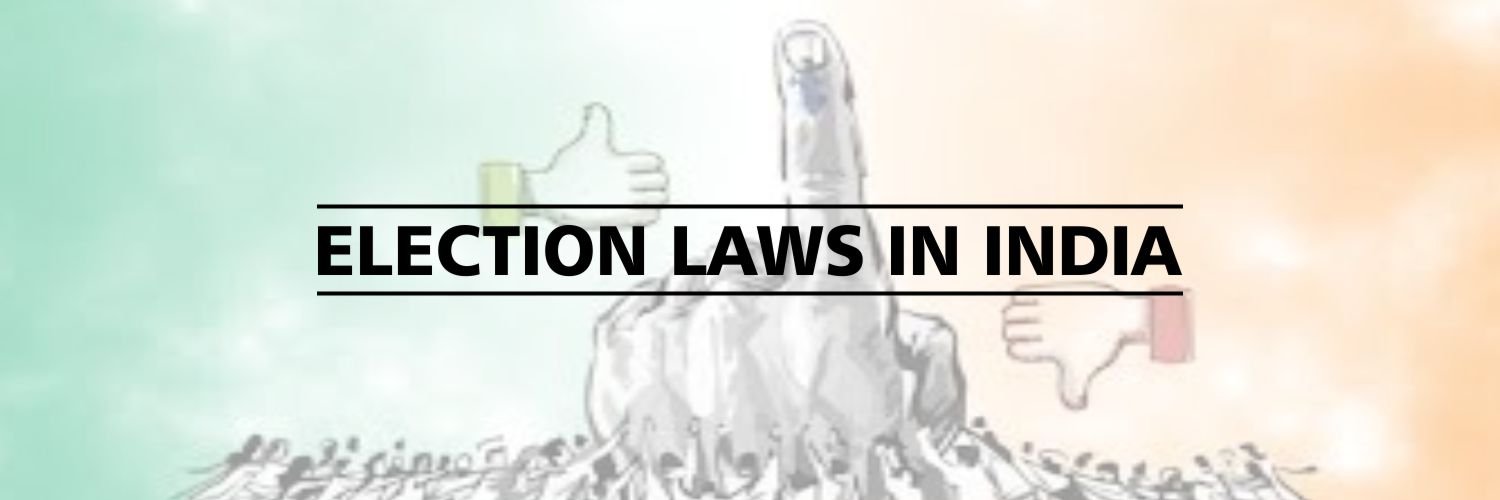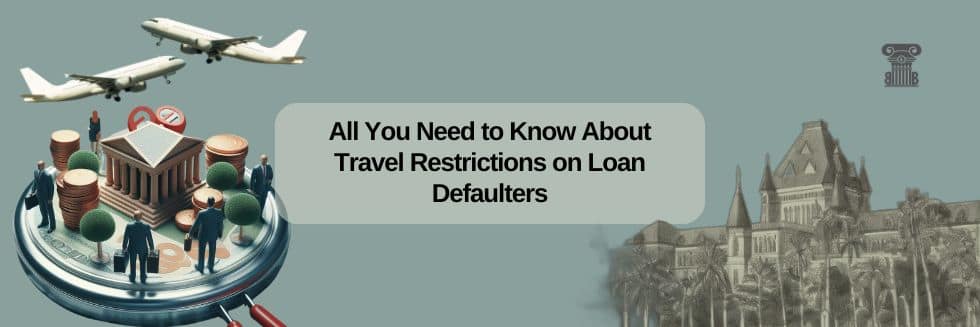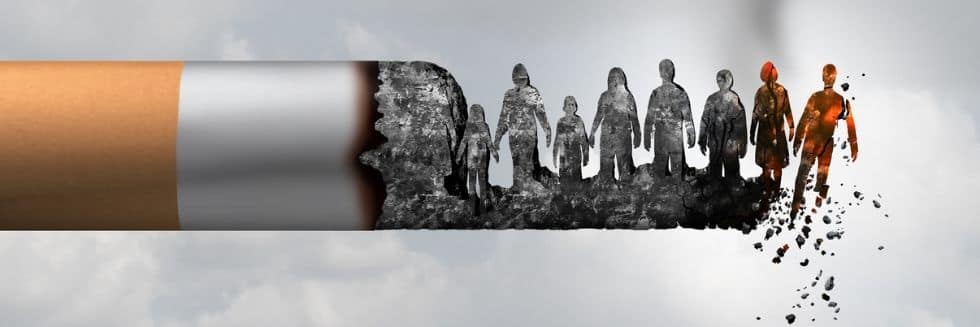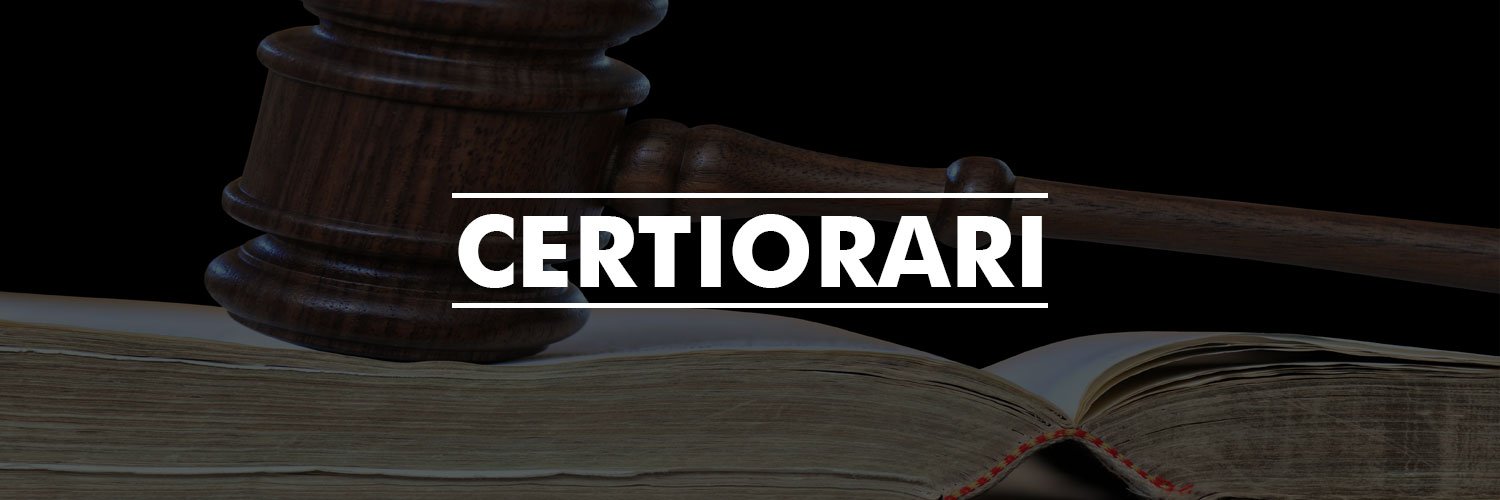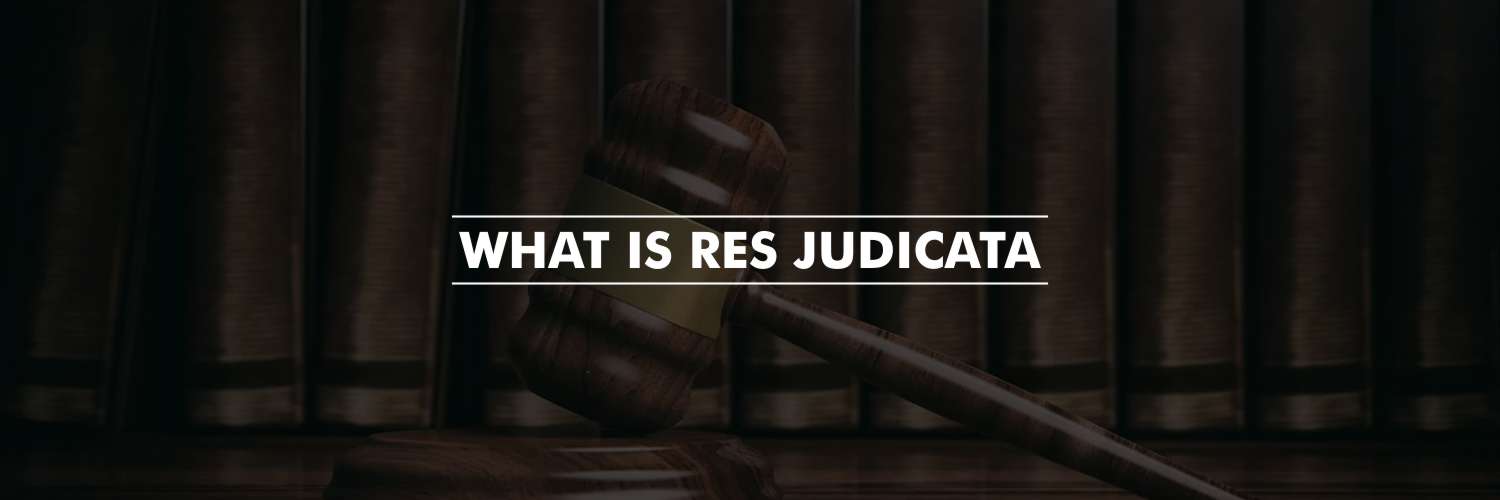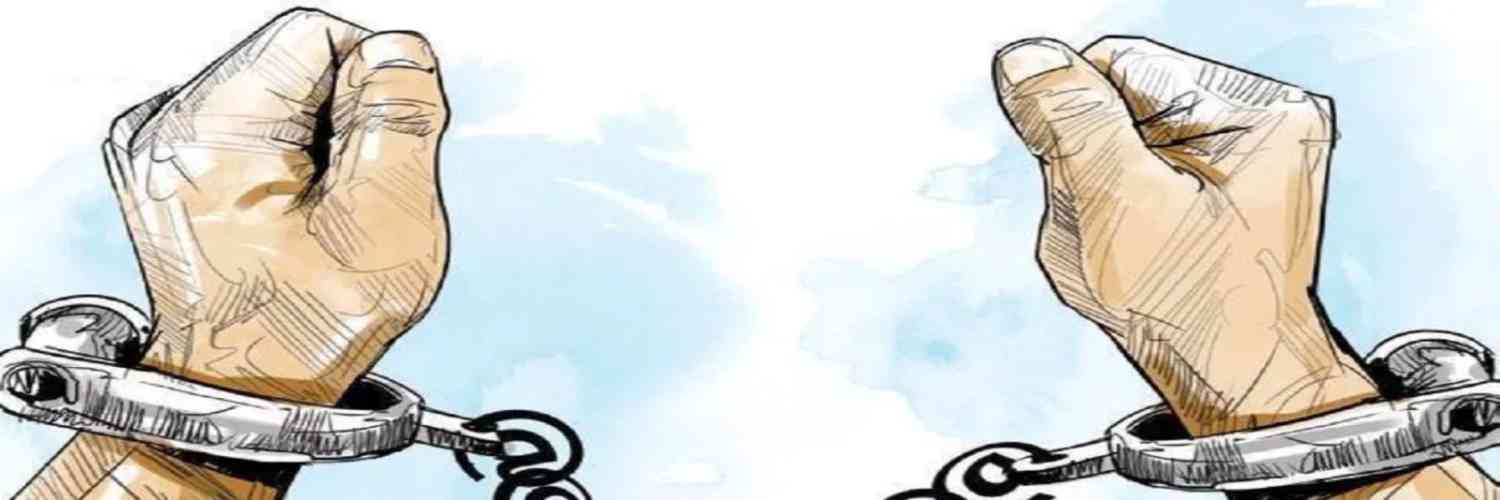Overview
Part XV of the constitution provides for the regulations related to the elections. Ours is a parliamentary form of democracy. It is necessary that the elections are conducted without any bias. A suitable machinery is set up for the purpose of elections. Article 324 to 329 deals with the election laws.
Election Commission:
Election Commission is the independent body which conducts free and fair elections and is an all India body having jurisdiction over elections to Parliament, State legislatures, offices of president and vice – president.
Constitution: Election Commission shall consist of the Chief Election Commissioner and a number of other election commissioners as the president may from time to time fix.
Removal: Chief Election Commissioners cannot be removed from the office except in the manner and on the grounds as a judge of the Supreme Court because it is the creation of the constitution. Also, the conditions of work of the CEC cannot be altered after his appointment to his disadvantage. These two points show the independence of the election commission. But other election commissioners hold the office till the pleasure of the president because they are not the creation of the constitution but are appointed by the president.
Adult Suffrage
A person to be registered as a voter for elections to Lok Sabha or State Legislative Assembly must comply with the following conditions:
- He must be a citizen of India.
- He should not be of less than 18 years of age.
- He should not be disqualified under any other law passed by the parliament or any other provision of the constitution in relation to unsoundness of mind, crime, corrupt practices, illegality or non – residence.
Making Laws For The Elections
The parliament has the power to make laws for the elections from time to time as they may consider. They can make provisions for the preparation of electoral rolls, delimitation of constituencies, or any other matters in relation to securing due constitution of the houses.
The state can also make such laws subject to the laws made by the parliament and other provisions of the constitution.
The parliament has enacted the Representation of People Acts, 1950 and 1951 and the Delimitation Commission Act, 1952 in respect of this power.
Settling the Election Disputes
The validity of any law made by the parliament and the state legislature regarding the electoral rolls or delimitation cannot be questioned in the court.
It cannot be questioned except by the rules framed by the parliament or legislature regarding this.
Conclusion
Certain qualifications and disqualifications for being a candidate for the elections are provided in Article 84 and 102 of the Constitution. Election laws are made keeping in mind the independent nature of elections and can be amended by the parliament.
